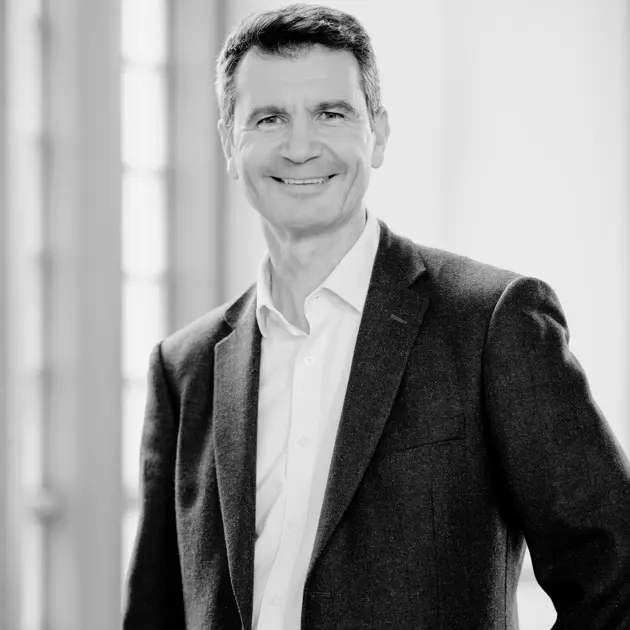What gets measured gets done – why it’s time to align on embodied carbon metrics
Leading European research and design organisations join forces to establish EU embodied carbon baselines, targets, and benchmarks with support from Laudes Foundation.
Buildings are responsible for nearly 40 percent of global CO2 emissions, and around 10% of this comes from embodied carbon emissions from building materials and (de)construction processes (The 2020 Global Status Report for Buildings and Construction, UN Environment). In recent years, ‘embodied carbon’ has become a hot topic for policymakers, the finance industry, and the building industry itself. Yet, while there is wide agreement that reducing embodied carbon in buildings must be urgently addressed, there is far less alignment and clarity on how to do that.
To scale action on embodied carbon mitigation, stakeholders will need to come together to set ambitious targets to inform regulation and spur industry action. It is critical to know where we stand today using reliable data across different types of buildings and countries and understand where the Paris Agreement requires us to get to.
Laudes Foundation and global engineering consultants Rambøll along with building LCA experts such as Harpa Birgisdottir from BUILD at Aalborg University and Martin Röck affiliated to KU Leuven, are addressing this critical data gap by developing an Europe-wide framework for embodied carbon benchmarks. Their shared vision is that such benchmarks will enable industry, finance, and policymakers to set ambitious yet realistic targets on embodied carbon and measure progress against them.
The initiative comes at a critical time. While the EU’s ‘Renovation Wave’ was launched in October 2020, aiming to double annual renovation rates across Europe in the next 10 years, and the Energy Performance of Buildings Directive (EPBD) is under revision, there is a moment for EU legislators to follow the lead of ambitious countries like Finland and France in regulating embodied carbon. An EU 2050 roadmap for reducing whole life-cycle carbon emissions in buildings is also in the pipeline.
James Drinkwater, Head of Built Environment at Laudes Foundation, says: “While it’s extremely important to improve the energy efficiency of older buildings, there is a danger that efforts to demolish old buildings and rebuild could end up causing more harm than good if we don’t have a clear understanding of the embodied carbon footprint of new buildings. We urgently need a reliable and standardised way of measuring whole life-cycle carbon in the building and construction sector to incentivise and enable action.” The team is joined by representatives from the European Commission, World Green Building Council and CRREM on the project steering committee – and they are now appealing to other stakeholders working in this space to come forward.
“Our ultimate ambition is to develop a set of standardised metrics and benchmarks for measuring embodied carbon that can be used across all 27 EU member states,” says Lars Riemann, Executive Director at Ramboll Buildings. “This is about achieving alignment on measuring and reducing a critical element of the construction sector’s overall carbon footprint”.
To succeed, there is a strong need for collaboration around existing data on embodied carbon and engagement on national level across Europe. The team is currently collecting LCA data on embodied carbon from existing whole buildings LCA’s, and aim to have indicative baseline, target, and benchmark values for five pilot countries by June 2021. The pilot phase of the project will be concluded in January 2022, but the ambition is to continue the work in 2022-2023 with a scale-up phase bringing in new partners and offering full EU coverage.
If you want to know more, please contact: carbon-benchmarks@ramboll.com .
About Laudes Foundation
Laudes Foundation is an independent foundation joining the growing movement to accelerate the transition to a climate-positive and inclusive global economy. Responding to the dual crises of climate breakdown and inequality, Laudes supports brave action that inspires and challenges industry to harness its power for good. Part of the Brenninkmeijer family enterprise, Laudes builds on six generations of entrepreneurship and philanthropy, working collaboratively to both influence finance and capital markets and transform industry with a focus on the built environment and fashion. For more information visit LaudesFoundation.org


